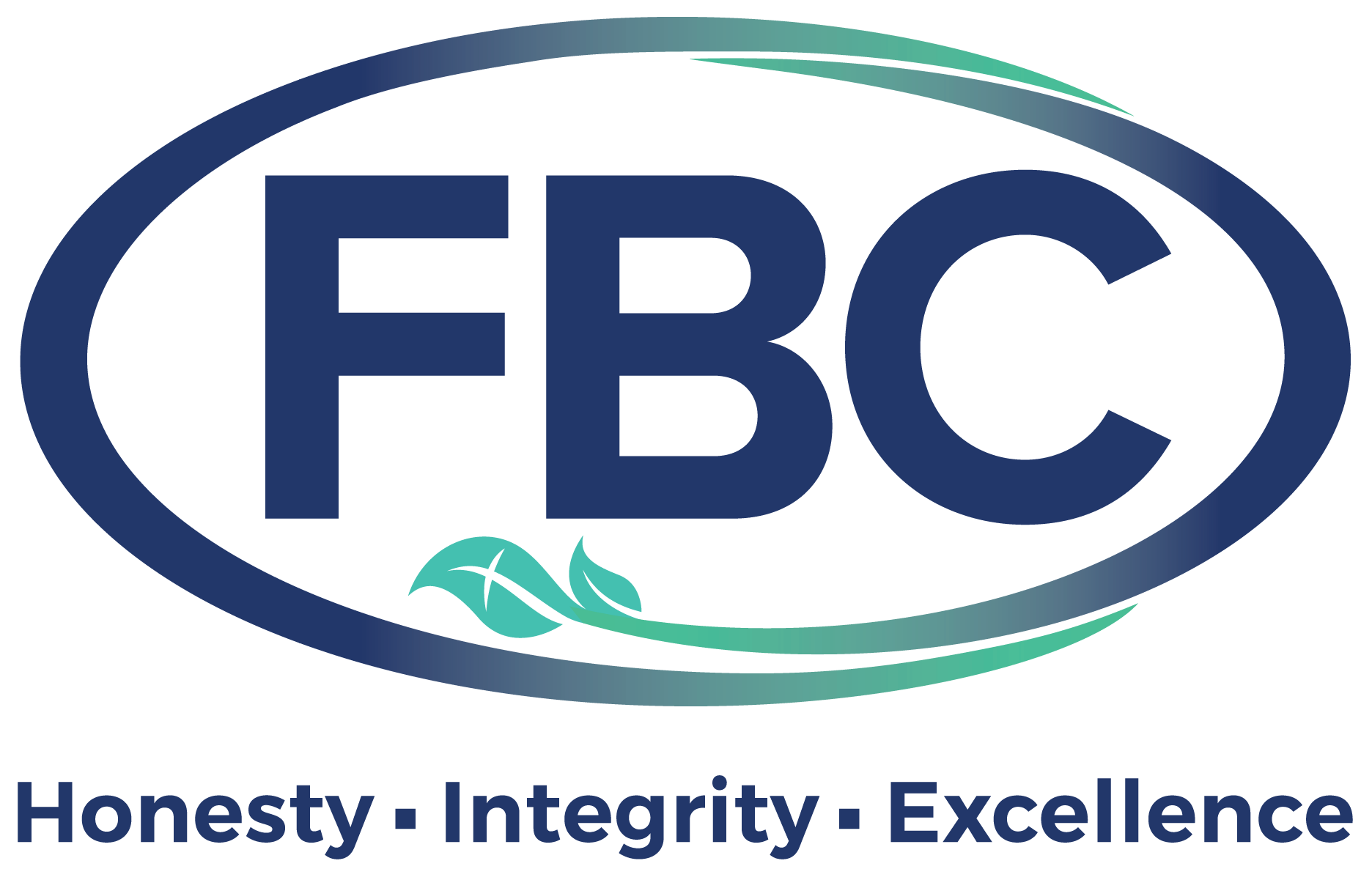Business insurance is a necessary, and costly, part of running a business, but a pragmatic owner knows that everything is negotiable. Finding the right policy at the right price takes time and expertise. It takes investigating every available option, and even working to create new ones. If you focus on what matters – effectively and efficiently protecting your people – you will be able to develop a perfectly tailored program. Here are some considerations for developing such programs:
1. Risk Minimization
The obvious is the easiest to overlook. If “minimize your risk” sounds like a cliché, that’s because it is. The benefits are painfully evident. But ask any coach who has led their team to a championship, and they will espouse the necessity of mastering the fundamentals. Likewise, you should understand the ways you are training your team to manage risks. Reassessing safety programs, conducting a full risk management review, even simply sharing your desire for risk minimization is a step in the right direction.
A stitch in time saves nine. Preventable losses are avoidable losses. Take up the gauntlet of cliché. Focus on the fundamentals and build from there.
2. Employee Categorization
If you and your employees find yourselves in an industry with high instances of worker injury, skip to the next category. For example, if you employ underwater welders, this may not be for you. However, if you organize a high-risk team, you might be paying unnecessarily high premiums for yourself, even without personally being in harm’s way. The work-from-home accountant for your offshore drilling operation is probably facing fewer risks than those manning the rig.
Correctly categorizing workers’ risks can yield immense savings. It can also show gaps in coverage of higher-risk workers. Consult your insurance agent and make sure that your people are in the right category.
3. Security Improvements
Security systems surrounding your business are essential for your peace of mind, but they can also reduce your insurance costs. Physical security pieces like sprinkler systems, worker safety education programs, and grounds surveillance can save you headaches – and money.
In an increasingly digital world, cybersecurity is also a major consideration. Maintaining robust cyber security protocols can reduce company and client data exposure to cybercrime.
Evaluating risk is a primary component of insurance agencies, so consult your broker to help identify problem areas and develop solutions. You may be eligible for the security pieces you already have in place.
4. Annual Policy Re-Evaluation
One of the truly magnificent parts of modern technology is automated payments. Most bills, both personal and professional, can be automatically debited from a specific account, only to be reviewed by you at the end of the month. Most will automatically renew at the end of the year. And it is tempting to let them renew unreviewed.
But a lot changes in a year. Our wants and needs change. It is worthwhile to work with your broker annually and review your insurance coverage as your business grows and shifts. A year-end review is just another chance to ensure you are making the best decisions for your business and your people.
5. Bulk Up
Quantity discounts are applicable for thumbtacks and paper towels, and, more surprisingly, insurance policies.
If you’re looking for better rates, you might find them in business owner policies. Bundling saves. Just keep an eye out for redundancies.
Another consideration is for atypical businesses that require specialty insurance. These businesses may not be eligible for bulk discounts outright but may still be procurable through a rider. Where there is a will, there is a way.
6. Pay Up-Front
Payment plans often charge a fee for the privilege of using them.
The easiest way to reduce your total annual costs for insurance is merely paying your premium upfront.
It might sound intimidating and painful because it is just that. However, it is a good business practice and shows the commitment you have to protecting your company. It also shows that you believe in the longevity of your enterprise. If paying upfront seems insurmountable because of poor cash flow, there may be underlying issues that need to be reconciled with your accountant or CFO.
7. Be Sufficiently Covered
Keeping with the theme of clichés, another one runs that it is “better to have it and not need it than to need it and not have it.” While this has practical implications in family camping trips, it begins to disintegrate in the world of business insurance.
Too much coverage can drain your resources, but too little can leave you needlessly exposed. This is where a proactive broker will be of great utility as they can guide you toward the coverage that is just right for your business.
Though the price is an important determinant for your ultimate selection of coverage, it is not the only factor. Along with the price, it is critical to contemplate the claims process and the overall rating of the carrier.
Selecting the best insurance option for your business is no small task. Take your time, do your research, and invest wisely. Find a reliable broker and probe every possibility for cost-effective, comprehensive coverage. Stay vigilant and you’re sure to find the option best suited to your business.

